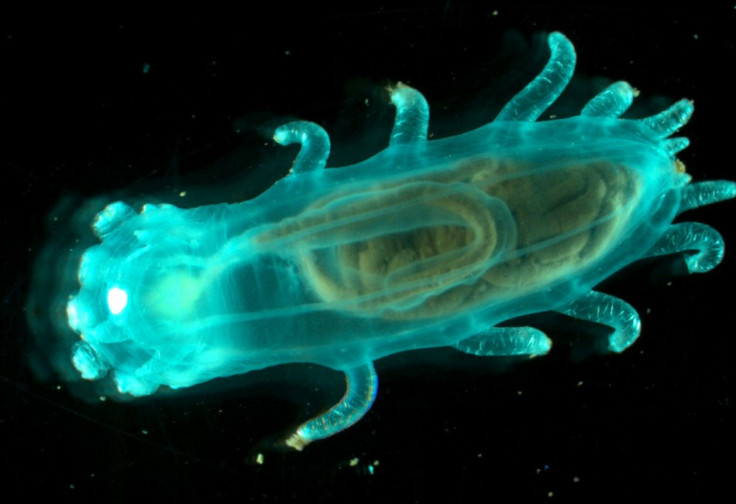Coral Reefs’ Savior Found: Sea Cucumbers Can Reduce Climate Change Impact

Sea cucumbers can save coral reefs from the impact of ocean acidification on their growth, a group of scientists working on the impact of climate change on coral reefs have revealed in a recent study.
The research, published in the latest issue of the Journal of Geophysical Research, suggests that calcium carbonate released from the digestion of sand by sea cucumbers, one of the largest invertebrates found on tropical reefs, is a key component for the survival of coral reefs.
Maria Byrne, professor and director, One Tree Island Research Station of the University of Sydney on the Great Barrier Reef, said that coral reefs must accumulate CaCO3 at a rate greater than or equal to the CaCO3 that is eroded from the reef to survive.
Byrne, who is the lead author of the research, writes in the journal: The research at One Tree Island showed that in a healthy reef, dissolution of calcium carbonate sediment by sea cucumbers and other bioeroders appears to be an important component of the natural calcium carbonate turnover.
Sea cucumbers collected from a basin off Canada's Arctic coast are seen in this National Oceanic and Atmospheric Administration (NOAA) handout photo released July 29, 2005. PHOTO: REUTERS
© Copyright IBTimes 2024. All rights reserved.











